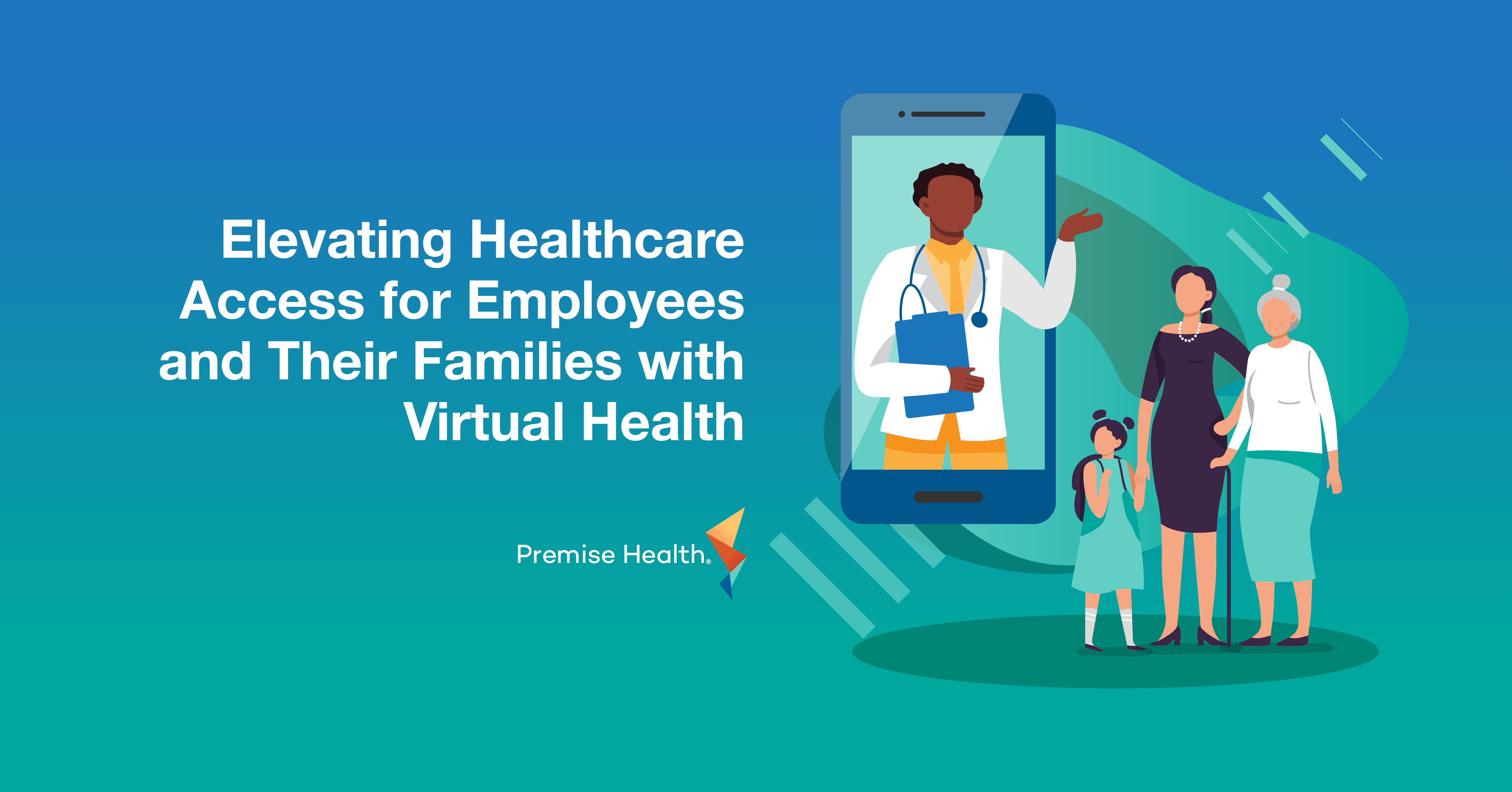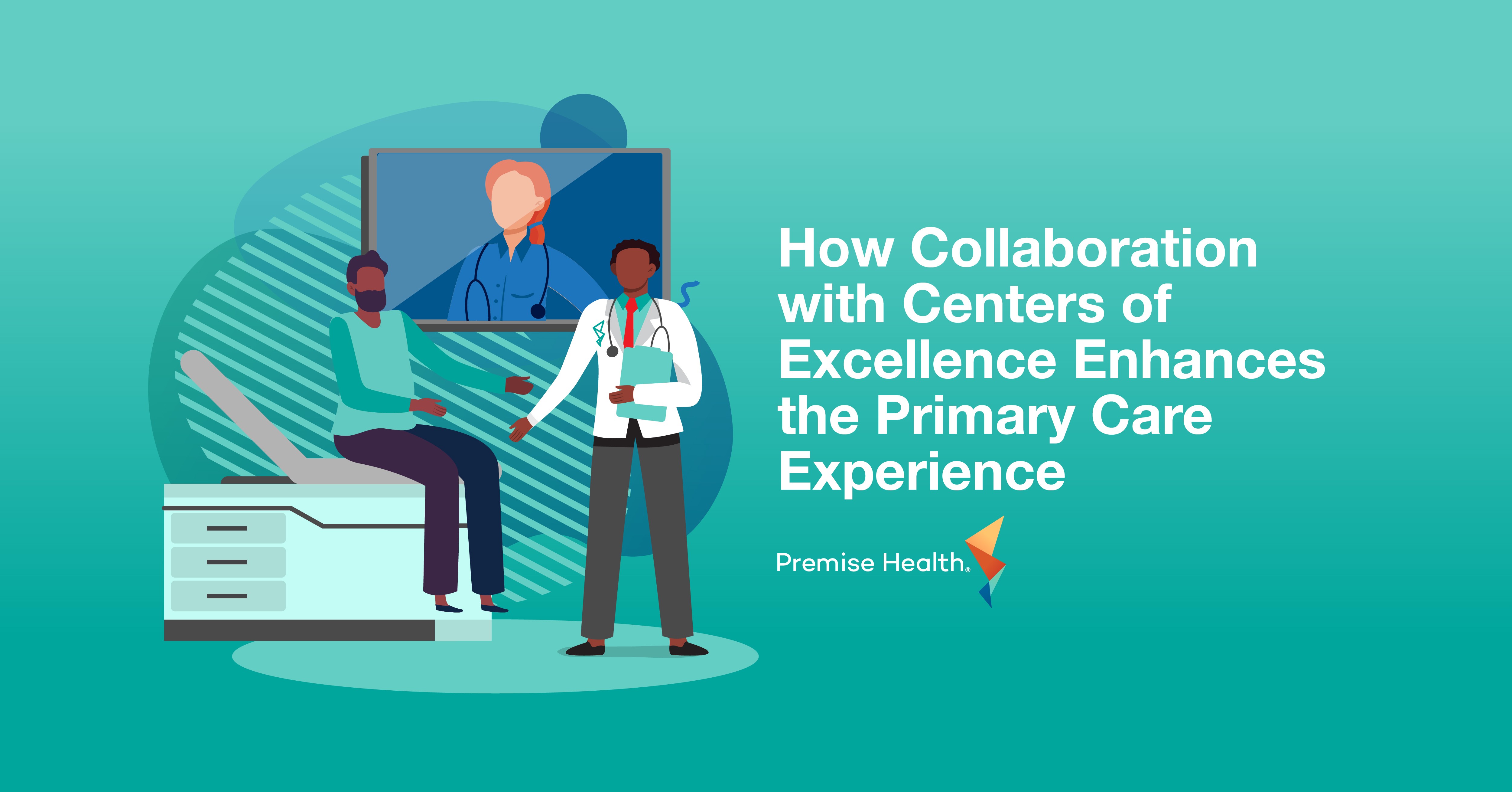Three Reasons Why You Need a Weight Management Program
Obesity rates have been headline news for years, and if you’re reading this blog, you know that a significant portion of the population is struggling to manage their weight. Perhaps even a significant portion of your employee population is facing that struggle.
Employers are now in a position to help their employees build better lifestyle habits, reverse this chronic condition, and live happier, healthier lives. But how do you go about that? Is the answer as simple as footing the bill for an expensive new drug? Advancements in medication are certainly part of the solution, but the true answer is more comprehensive.
Weight management programs are an effective and cost-friendly option for helping employees make long-term lifestyle changes to beat obesity. Keep reading for the three reasons why you need a weight management program in the workplace and to learn how a program like this can make a difference.
#1 More people are struggling with their weight than ever before
We know this to be true, and countless statistics show that this is likely an issue within your own workforce. Here’s one data point that illustrates this recent development: adult obesity increased by 3% in the first year of the COVID-19 pandemic. Looking ahead, by 2030, NCHS predicts that nearly 1 in 2 adults will be obese. The problem has arrived, and employers will be tasked with helping their people navigate this struggle, if they aren’t already.
#2 Obesity is linked to other chronic conditions
In addition to its classification as a chronic disease itself, the CDC reports that obesity increases the risk for other chronic conditions like type 2 diabetes, many types of cancer, and even behavioral health conditions like depression and anxiety. Organizations are already concerned by the prevalence of chronic conditions within their workforce for many reasons and should be taking note of the mind-body link to obesity.
#3 Obesity is driving major costs for employers
On its own, obesity isn’t a significant driver of healthcare costs. The real costs come with the greater number of chronic conditions which are found in greater frequency among individuals who have obesity. We’ve already covered the impact of obesity on healthcare costs on our blog in the past, and we’ve also talked about how conditions like diabetes are costly to employers in more ways than one.
Another area driving spend is the emergence of GLP-1’s for treating obesity. As these expensive drugs become more popular and accessible, the associated costs for employers will continue to rise. In early 2023 it was reported that prescriptions for GLP-1’s like Ozempic, Mounjaro, Rybelsus, or Wegovy for weight management increased by 259% from 2021 to 2022.
Finally, obesity costs employers when it comes to the indirect impacts on productivity. One study of over 50,000 workers found that obesity caused work absenteeism to increase by 128%, costing employers $13.5 to $26.8 billion in productivity losses. These figures clearly show why employers are rightfully concerned with the impact of obesity on their people and why they’re looking for a solution.
How a weight management program can solve for the high costs of obesity
The costs of obesity to employers, coupled with its rising prevalence and chronic condition impact, is forcing organizations to search for other solutions for treating obesity in their population. Luckily, the answer can be found in the combination of a lifestyle medicine-founded weight management program led by primary care providers (PCPs) with a medication regimen that is customized to meet each person’s needs. A well-rounded weight management program that goes beyond prescribing solves the high costs of obesity while delivering a better experience to members. Here’s how it does that.
PCP-led programs get better results
A 2022 Harvard study found that weight loss interventions delivered in a primary care setting led to better long-term weight loss results. As the first point of contact into the healthcare system, primary care practices continue to be a familiar and trusted source of guidance for members.
A lifestyle medicine approach addresses the root causes of obesity
By addressing the lifestyle medicine pillars of nutrition, movement, emotional wellbeing, sleep, hydration, substance free, and outdoors, this evidence-based approach helps members examine the behaviors leading to weight gain and change them.
Brings together a diverse care team
A successful weight management program for employees brings together an entire care team including a PCP, pharmacist, wellness coach, and care management RN. All members of this team are trained in behavior change skills and work collaboratively to support members throughout the program.
Creates a better member experience
The structure and support of this program leaves members feeling good about their involvement. Members at Premise Health who have participated report feeling welcomed, supported, and never judged. This positive experience means members want to continue participating and become advocates of the program to their peers.
At Premise, our weight management program is called Beyond Weight, and it does all of the great things we talked about above. Offering an evidence-based, primary care-led program supported by an interdisciplinary care team, Beyond Weight includes regular intervals for laboratory testing, appointments with the PCP, and frequent touchpoints with the clinical support team over a 12-month period.
This program is unique to Premise and a component of our care team training was created in collaboration with Wellcoaches, the national certification organization for health and wellness coaches. Additionally, our flexible model also allows fitness, behavioral health, and other Premise team members to lean in and collaborate in the Beyond Weight journey for members.
So, what results have we seen so far? Currently we have over 30 centers providing formal obesity programming across the country. Enrolled members have seen sustained weight loss, lower blood pressure, reduced A1c, and better liver function. On the quality-of-life scale, members have reported improvement in energy levels, resolution of debilitating joint pain, and have been able to quit smoking. In quantitative results, participants in a recent cohort saw a 16% weight loss after 12 months in the Beyond Weight program.
If you’re an employer seeing rising costs for GLP-1s, reach out to us to talk about what a weight management program could look like at your health center. If you’d like to learn more about Premise and our primary care led weight management options, contact us today!
Next on industry insights.

Elevating Healthcare Access for Employees and Their Families with Virtual Health
Read the Blog
Dedicated Pharmacists: The Frontline Champion for a Better Member Experience
Read the Blog